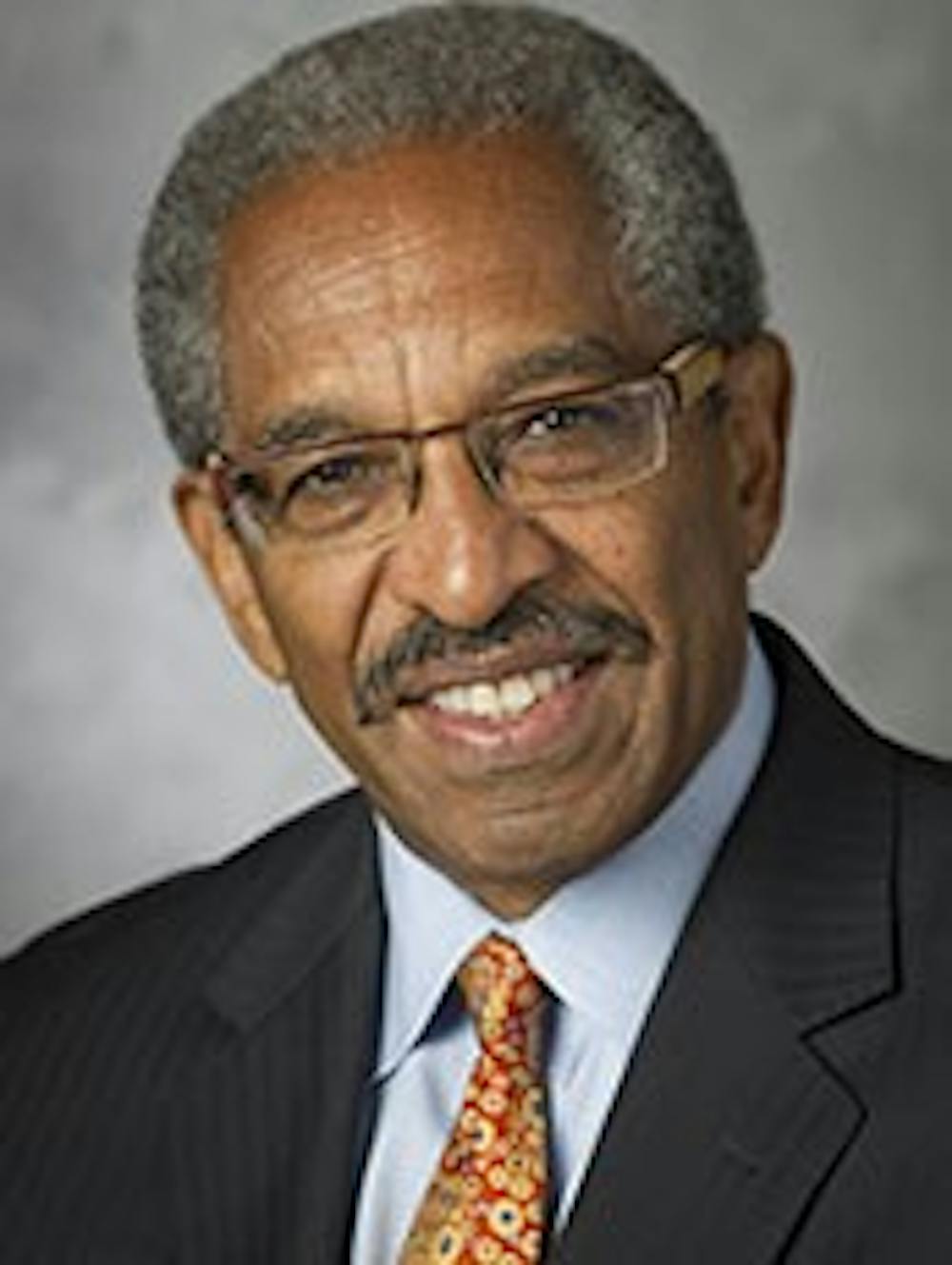Led by Ben Reese, the Office for Institutional Equity is tasked with not only addressing claims of harassment and discrimination but also improving employee diversity.
Reese, vice president for institutional equity, leads the office along with his four directors—Inderdeep Chatrath for affirmative action and equal opportunity, Cynthia Clinton for harassment and discrimination, Paul James for diversity, equity and inclusion and Howard Kallem for Title IX compliance. Together, they oversee issues ranging from affirmative action in hiring professors to handling harassment complaints. The office handles issues affecting undergraduates, graduate and professional schools, various centers and institutes as well as the Duke University Health System.
“There’s no typical day [for us],” Reese said.
In addition to overseeing the office, Reese conducts implicit bias trainings for groups ranging from sororities to the Young Trustee Nominating Committee and hospital physicians. He also sits on all senior faculty search committees, including the one for the next Divinity School dean, and develops new diversity trainings for Duke employees.
Sue Wasiolek, dean of students and associate vice president for student affairs, has been an employee of Duke for 38 years. She has attended many trainings with the office in that time.
“I’ve been through trainings related to sexual assault, harassment, racial discrimination and Title IX,” Wasiolek said. “I’ve been through trainings related to disability, law and support, and I very vividly recall a summer workshop that I signed up for a number of years ago related to white privilege.”
Reese will also serve as a resource for the newly-formed Task Force on Bias and Hate Issues, which was convened in response to recent racist and homophobic incidents on campus as well as concerns presented at two community forums.
“In the last year or so, there’s been a lot of discussion across campus about implicit bias, and that’s been an area specialty of mine for a number of years,” Reese said.
Recently, Reese has conducted workshops for physicians as well as various undergraduate committees and admission committees for the medical school.
Reese’s trainings often involve professional actors, which he said he is particularly proud of.
“Lots of people use role playing, but role playing [with] employees or students and hoping they do something, it’s a risk,” he said. “Using professional actors is different.”
Reese, a clinical psychologist by training, has been at Duke for 19 years and has held his current position since 2003. He noted that he has seen changes in attitudes towards diversity since he first arrived.
“When I first came here, as is the case in so many other places around the country, there were a few people working on diversity and talking about it,” he explained. “Now, increasingly, there are larger numbers of people at Duke University who are talking about it—but more than talk, are engaged in strategies.”
Wasiolek said that in her view, the biggest change has been in regulations, rather than ideology.
“The changes have been in some ways, pretty enormous, and in other ways—at least from a philosophical standpoint—I would suggest that they haven’t necessarily changed dramatically,” Wasiolek said. “Since my arrival at Duke, the institution has been fully committed to equal employment and fairness across the board to all members of the community. Various regulations and laws have changed over the years ... I think they all emerge from the same values.”
At the first community forum in November, administrators announced the creation of a new vice provost for faculty advancement, who will be in charge of promoting diversity and inclusion on campus.
Reese is continuing to encourage conversations around diversity among the faculty in particular. Earlier this month, Reese hosted a dinner for 10 faculty from different departments at which they discussed issues of diversity at Duke.
“What we’re hoping will happen is that other people will sponsor breakfasts, lunches and dinners as one way—just one small way—of stimulating and fostering authentic or more authentic conversations about race and diversity in general,” he said.
Get The Chronicle straight to your inbox
Signup for our weekly newsletter. Cancel at any time.

